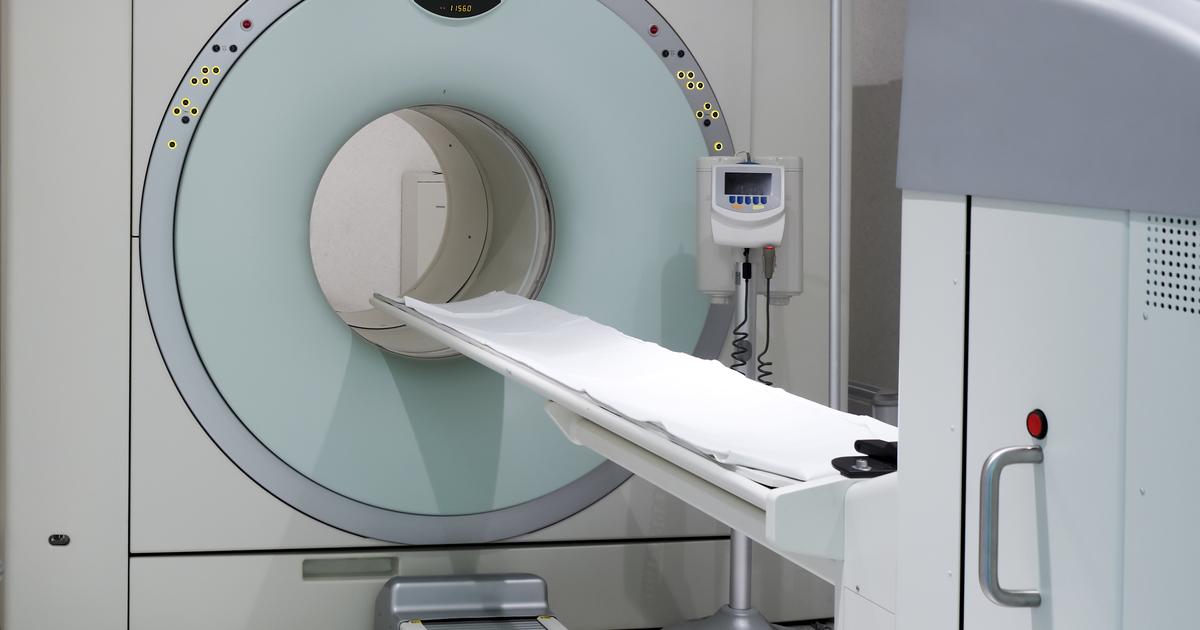Important Factors That Impact Fertility
Fertility is the ability to conceive, and infertility (something that can impede this process) can affect both men and women. Varying factors can affect fertility and infertility including disease, environment, and even diet. More than 5 million Americans (men and women) are reported to have some problem with fertility today. Identifying common risks to fertility may save reproductive health in the long run. This slideshow will begin by looking at variables that can affect a woman's fertility and then examine some of the various factors that influence male fertility. Always consult with a physician or specialist on the matter.
Women: General Health and Preexisting Conditions

There are many general health factors and underlying diseases or conditions that affect fertility in women, and many of these will also affect males too. Being overweight can throw the reproductive system out of whack, overloading the body with estrogen and risking fertility issues. Being underweight can completely shut down the reproductive process in the body, giving little chance to conceive. Women who suffer from hormonal imbalances, usually identified by irregular menstrual cycles, are at risk of developing fertility problems because a hormone imbalance will wreak havoc on the reproductive system. Medications for chronic disorders such as antibiotics, antidepressants, or painkillers can cause temporary infertility or ovulation. Regular consumption of alcohol and tobacco may increase the risk of infertility within women and can even impair healthy conception. Multiple miscarriages, painful menstrual cycles, or abnormal pap smears that required surgery can also negatively affect fertility in women.
Women: Fallopian Tube Disease

According to the National Infertility Association of the United States of America, Fallopian tube disease accounts for approximately 20% of women infertility cases in the country. This type of condition also affects up to 5.5 million women in North America alone. To determine the state of the Fallopian tubes, and viability of conceiving a child, a hysterosalpingogram is performed. This process involves an x-ray to see if the uterus and Fallopian tubes are blocked or obstructed by scarring. Fallopian tube disease can be incredibly painful and can also cause additional pain during sexual intercourse or the menstrual cycle. Tubal scarring or blockage can be caused by sexually transmitted disease, pelvic inflammatory disease, and even some surgeries.
Women: Endometriosis

Endometriosis is a condition in which a layer of tissue that usually grows on the interior of the uterus will start to grow on the outer area. The areas of the reproductive system that are affected by Endometriosis will bleed and create scarring, causing pain and infertility. The reason for this condition is unknown, but there is a risk of suffering from Endometriosis if other family members have had it. It is most common in women between the ages of 30 to 50 but can also begin in women as young as 8. Approximately one-third of women who are infertile suffer from Endometriosis as well as 40% with the condition eventually becoming sterile. Exercise and avoiding copious amounts of alcohol are thought to lower the risk of developing Endometriosis.
Women: Sexually Transmitted Disease

Many sexually transmitted infections will cause inflammation which can leave vital pieces of the reproductive system damaged or blocked. Tubal damage within the female reproductive system can cause irreversible damage to fertility, and it is estimated that 15% of women who are infertile can trace it back to damage caused by a sexually transmitted disease. It has actually been reported by many sources that up to 25% of infertility issues (in both men and women) could have been caused by a sexually transmitted disease. Some of these sexually transmitted diseases will provide no symptoms, and the individual may not know they are even carrying and spreading it. The best way to lower the risk of sexually transmitted disease is to wear a condom.
Men: Alcohol, Tobacco, Pharmaceutical & Illegal Drugs

A heavy drinker (more than 2 per day) can reduce their testosterone levels with long-time consumption at this rate as well as drinkers suffering from erectile dysfunction. The amount of alcohol consumed on a regular basis can affect the amount of sperm produced as well as the quality of this sperm. Smoking cigarettes or tobacco is also harmful to fertility as the toxins within can slow down the sperm within the body. Some over-the-counter and prescription medication is also known to have an adverse effect on sperm. Some of these medications will slow the production of sperm or even prevent the body from producing them in the first place. Cocaine and heavy marijuana use can also lead to a temporarily lower sperm count.
Men: Environmental Factors

Industrial chemicals such as cadmium, hydrocarbons, lead, mercury, and pesticides will all have a negative effect on male fertility and may even cause diseases such as Cancer. Many medical studies in the past 15 years have linked exposure to these chemicals specifically to reduced male infertility, and the evidence is overwhelming. Exposure to radiation or x-rays will lower sperm count in most men although it will often return to normal once regular exposure stops. Higher doses of radiation can permanently reduce sperm count and production in males. Overheating of the testicles can also impair sperm function and production. This type of detrimental heat even includes scenarios such as regular use of saunas and spa pools. Other factors that can be harmful to fertility in men include sitting with a laptop computer on the lap, tight pants restricting testicle movement, and also sitting for extended periods of time.
Men: Preexisting Conditions

Just like the ladies, gents should know what kind of preexisting disease or condition will negatively affect their fertility. There are quite a few health conditions within males that can be counterproductive to fertility. Infection, including sexually transmitted diseases, can sometimes cause permanent damage to fertility by creating scarring that blocks the passage that sperm travels through. Males with cystic fibrosis, Kallmann's syndrome, and Kartagener's syndrome are also at risk of having problems associated with fertility. Other health factors that are known to affect male fertility are tumors, hormone imbalances, undescended testicles, and even past surgeries can have a run-on effect. If an individual had Celiac disease and did not know about it for a period it may have also affected sperm count and production, sometimes un-diagnosed Celiac can even lead to permanent infertility.
